
Duration: 2021-2023
The Nordic Observatory for Digital Media and Information Disorder (NORDIS) is a consortium of researchers and fact-checkers from Denmark, Norway, Sweden, and Finland. We are one of the national hubs of the European Digital Media Observatory (EDMO). NORDIS is funded by a grant from the European Commission, and lead by Aarhus University’s DATALAB. Our principal investigator is professor Anja Bechmann.
Our aim is to develop theories, practices and models that can help counteract digital information disorders – the spreading of misinformation, disinformation and other forms of harmful information online – and to help empower citizens in the Nordic welfare states to resist such information by enabling them to enhance their media literacy.
Duration: 2020-2025
EDMO is an EU project that aims at creating and supporting the work of an independent multidisciplinary community capable of contributing to a deeper understanding of the disinformation phenomenon and to increase societal resilience to it. The project consortium is made up of four partners including DATALAB.
DATALAB’s work in the project is centralised in Task 4 that includes four main elements: the mapping of relevant academic activities in the EU, the identification of relevant academic institutions and organizations in the EU, the creation of a repository of relevant scientific articles, and taking part in a task-force centered around the war in Ukraine.
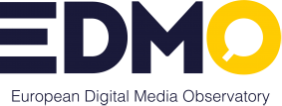

Duration: 2019-2021
NGI Forward is a 3-year project under the European Commission’s Next Generation Internet (NGI) initiative that aims to develop a future internet that is more democratic, inclusive and resilient. The purpose of NGI Forward is to articulate the vision for a future internet and set out the next steps towards achieving this vision through technology development, policy roadmaps and stakeholder engagement. DATALAB will help identifying the key technologies and issues that will be significant in the development of a future internet by providing insights into internet-related topics discussed on social media and by engaging the internet research community. DATALAB’s contributions will be essential in the development of policy roadmaps and policy recommendations that will help the EU achieve a more human-centric and democratic future internet.
Funding Partners: Horizon 2020 (EU)
Duration: 2018-2020
The purpose of SOMA is to establish a European observatory to aid the work against online disinformation by developing new tools and services for citizens and experts alike to better understand, measure and combat disinformation and its democratic impacts. In this project, DATALAB will investigate and review current methodological setups and analytical tools that can be used in the work against disinformation and suggest the optimal solutions for the centers and the observatory that will be established as part of the project. Also, DATALAB will act as one of two EU Centers for Excellence on Online Disinformation – see more on the website of the center here.
Funding partner: Horizon 2020 (EU)
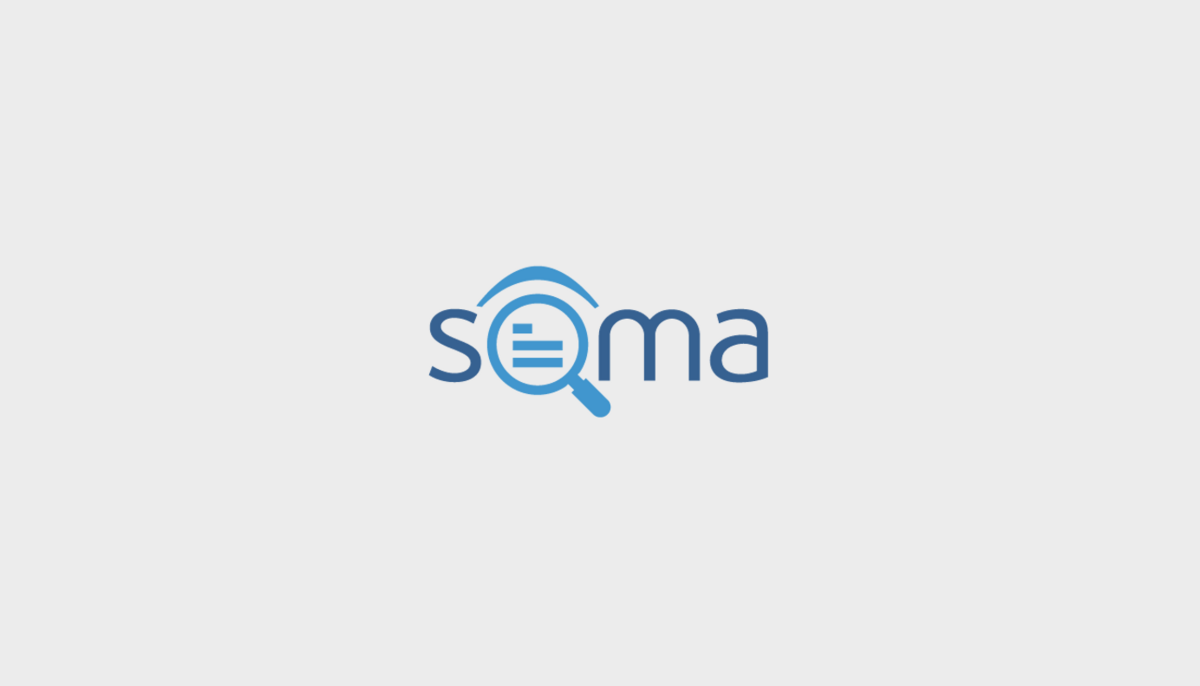
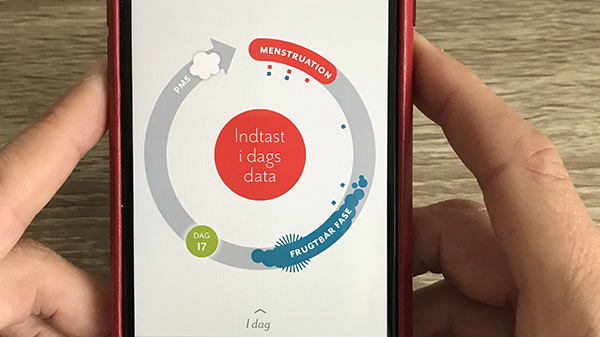
Duration: 2016-2019
With the intensive growth of self-tracking technologies to measure various aspects of our health an increasing number of women embrace apps for tracking their female cycle. While constructing new mediated relationships with their menstruating bodies and getting access to a shame-free scope for self-exploration and reassurance, these women also produce valuable data for the tech industry and in that sense become prosumers. Questions of privacy and data ownership surface: who profits from the data and owns the data? Based on interviews with Danish women using period-trackers in their everyday life my PhD project aims at exploring these intersections of privacy, datafied bodies and menstrual stigma.
Funding Partners: PhD Arts, Aarhus University
By: Amanda Karlsson
Duration: 2014-2019
Some people struggle with turning running into a habit because of negative, bodily experiences of exercise: They fear feelings of pain, feel discomfort when running near/with others, cannot structure exercise, and consequently do not regard themselves as recreational athletes. In this research project, Joeb Grønborg investigates how laypeople use and combine different types of smartphone applications (e.g. self-tracking apps, music, training programme apps and game apps) in order to cope with their running struggles. By understanding in more detail when and how technology succeeds in supporting a more active life style as well as a more enjoyable exercise experience, the research project has the potential to inform the design of future technologies that encourage proactive health.
Funding partners: Aarhus University
By: Joeb Høfdinghoff Grønborg


Duration: 2018-2020
The past two decades the digitization of anything from library archives to social media information has increased almost exponentially. Both physical objects as well as our own lives have been inescapably intertwined with digital terrains in the form of smart cities, quantified selves and digital infrastructures. For many, digitization is perceived as a never-ending process of accumulation. As a consequence, plains of data waste are emerging. Yet, datafication has also brought about new difficult questions about the political, environmental and cultural sustainability of such data wastelands. The concept of “data wastelands” pioneered by this project thus raise difficult questions about our love affair with digitization: what is the cultural logic of digital waste production? Who regulates data wastelands and how? And what is the political geography of data waste in the digital and physical infrastructure of the internet?
Funding partner: AUFF Starting Grant
Other partner: Uncertain Archives
By: Nanna Thylstrup
Duration: 2019-2021
Intelligent assistants have long been discussed as a possible application of Artificial Intelligence (AI) to augment, supplement, or substitute for human knowledge and the brain. With the recent years’ technological advancement of computing power and Machine Learning, such applications are in earnest becoming a reality through AI models. We see increasingly more examples of assistants deployed in various work processes, for instance to assist or drive employment of the most ‘right’ employee, facilitation of the most ‘right’ student learning, or provision of the most ‘right’ treatment, thus optimizing the general work practice through Big Data and AI. How are intelligent assistants designed to contribute with reliable knowledge in order to decide such contextual matters which often not are clear-cut right or wrong? What kind of partnership and delegation of competency are thus created in the human-machine collaboration produced? This PhD project examines these questions critically and sociotechnically through a deep dive into specific cases, and considers what and how AI adds to existing knowledge production and decision making in (knowledge-intensive) work practices, and whether this will affect for example knowledge and skills in organizations, fields, and society.
Funding partners: Faculty of ARTS, Aarhus University
Supervisors: Anja Bechmann & Finn Olesen
By: Anne Henriksen
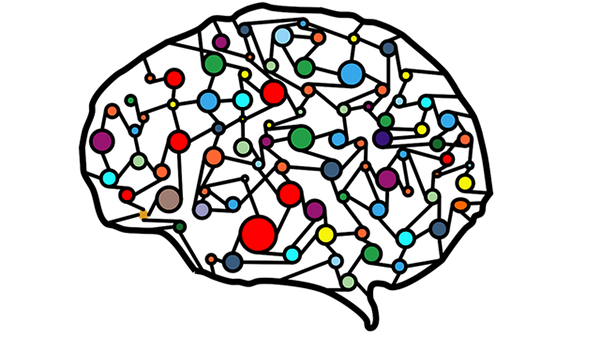
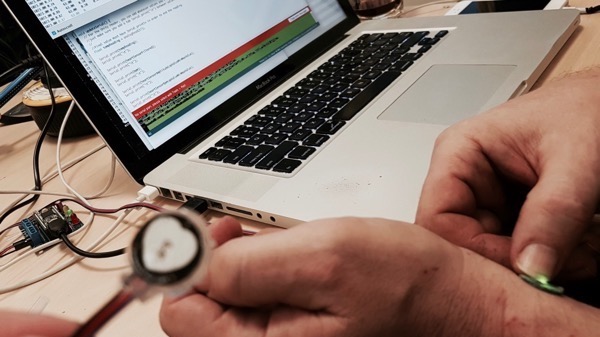
Duration: 2016-now
Emotional Data Lab Aarhus (EMDAA) has been established as an interdisciplinary research and knowledge platform concerned with topics and innovation within emotion and affective data analysis and cognitive computing. EMDAA emerged from an individual Sapere Aude postdoc project entitled "Making Sense Of Data” (2014-18), which investigated recent developments in experimental data visualization and sonification methods. Thomas' current research in emotion and affective data is focused on the impact and application of such computational models and techniques in the field of digital marketing communication and consumer behavior analysis. In particular, he is occupied with the automation of voice and speech-based platforms and what he refers to as the progression from “assistive” to “addictive” technologies.
Funding partner: The Danish Council for Independent Research
Student researchers: Matilde Nesheim, Lasse Hansen & Sebastian Scott Engen
By: Thomas Bjørnsten
Duration: 2013-2019
When struggling with recurring or long-term health issues in the digital age, some people use internet resources such as health-related Facebook-groups to acquire knowledge. In this regard, health-related Facebook-groups comprise key objects of orientation in a Danish language context and, consequently, also in the research conducted in this project. More specifically, Ane Kathrine studies the everyday entanglements of health-related Facebook-group use. The objective of the project is to advance our understanding of the raison d’être of health-related Facebook-groups and to generate empirically grounded knowledge about the impacts of new media technologies on culture and society. Furthermore, the research has the methodological scope of developing more ethical and accurate research approaches for studying digital culture.
Funding partners: Faculty of ARTS, Aarhus University
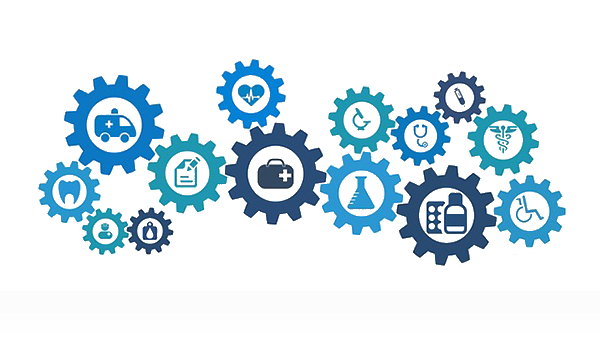
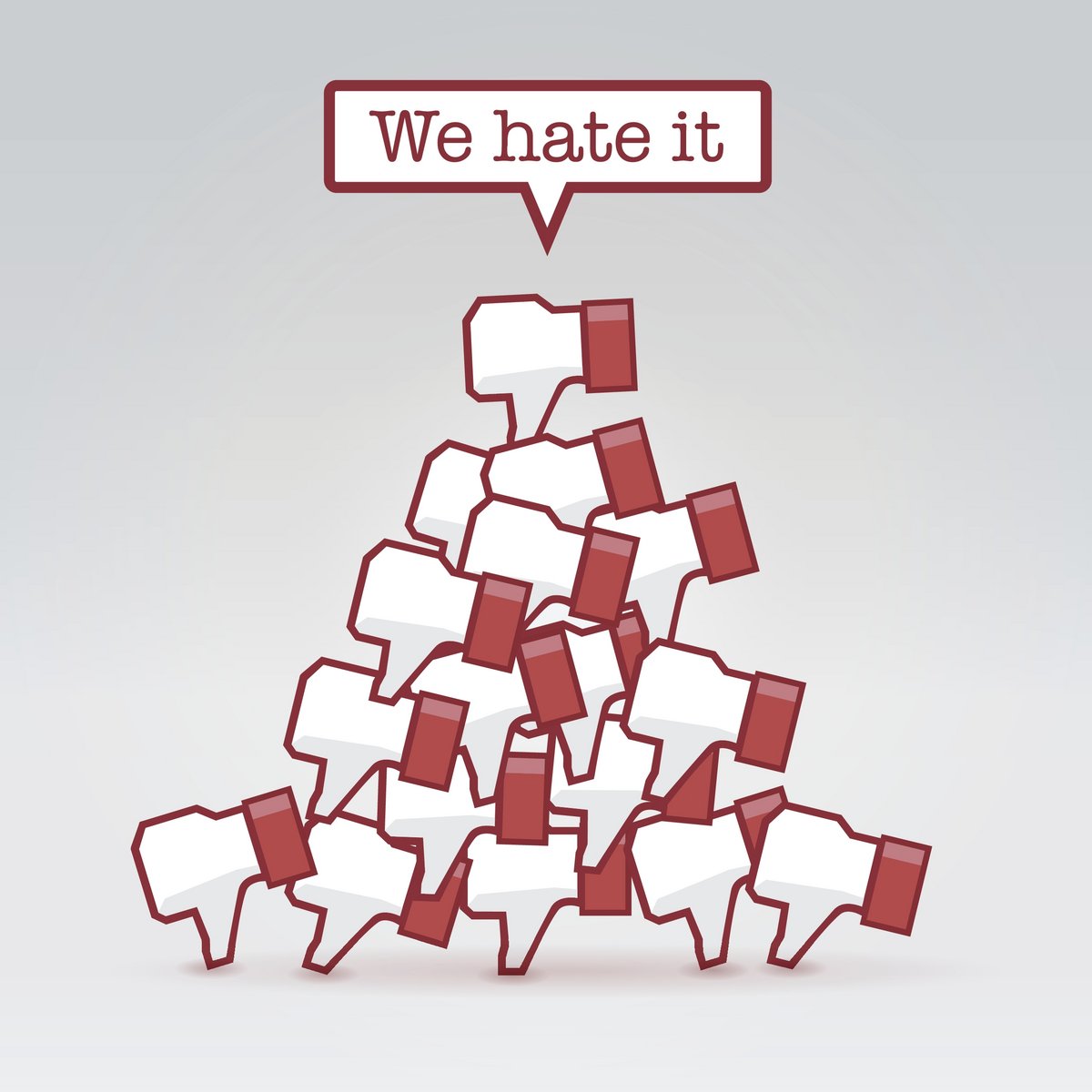
Duration: 2018-2022
This project takes as a point of departure the observation that accusatory rhetoric, e.g. complaints, accusations and allegations, has become a ubiquitous phenomenon in public debate on digital social media. Already in the thinking of Aristotle and Quintilian it was clear that no defense arises out of nothing but is a reply to its counterpart, the accusation. However, a current interest in apologia studies and crisis communication has devoted little attention to the accusation. The aim of this project is therefore to contribute to our understanding of the forms and functions of accusatory rhetoric in a digital context and the way this kind of rhetoric is presented, shared and remixed across digital social media platforms.
Funding: PhD Arts, Aarhus University